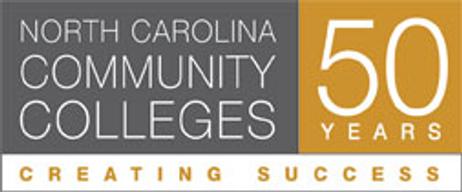Community college presents students with an array of benefits, ranging from dramatic savings in tuition costs to being prepared for recession-proof careers. However, North Carolina has taken its community colleges to the next level, pioneering innovative programs that increase student enrollment and improve graduation rates. Through its 58 different community college campuses, North Carolina has won several accolades for its accomplishments, including helping students graduate early to enter into the job market, as well as allowing high school students to attend college tuition-free.
High School Students in North Carolina's Community Colleges
According to “Diverse Issues in Higher Education,” students in select areas of North Carolina, such as in the city of Sanford, may be eligible to earn free college credits while still in high school.
Created in 2007, eligible students can apply for the “Lee Early College” program (LEC). By engaging in LEC, high school students attend courses at the nearby Central Carolina Community College (CCCC) campus. Inspired in part by former Governor Easley’s educational agenda, “It’s part of Gov. Mike Easley’s Learn and Earn Early College High School educational initiative in which students graduate in five years with both a diploma and an associate degree, with all credits transferable if they choose to enroll at a four-year institution as a junior post-graduation.”
This video describes the Lee Early College program.
In the first






















